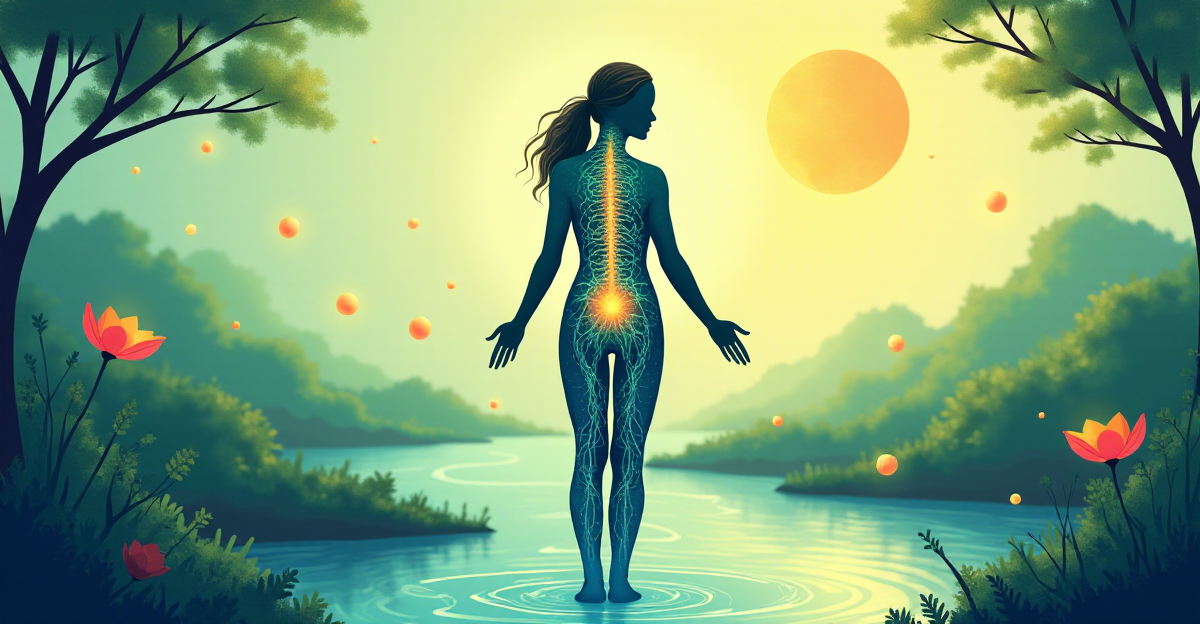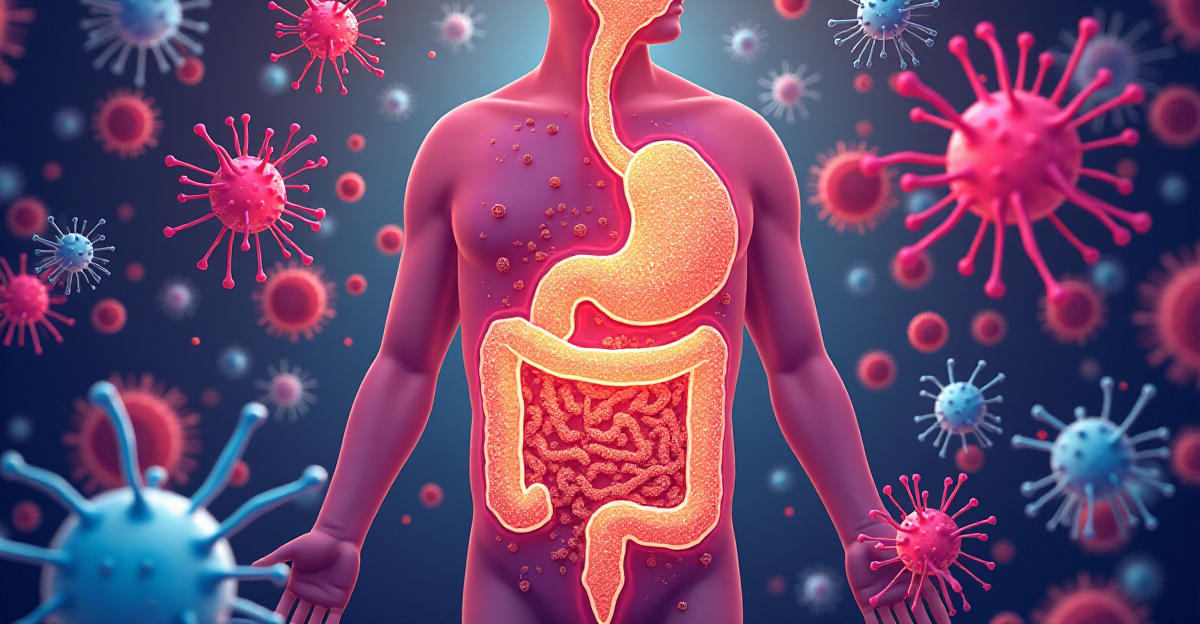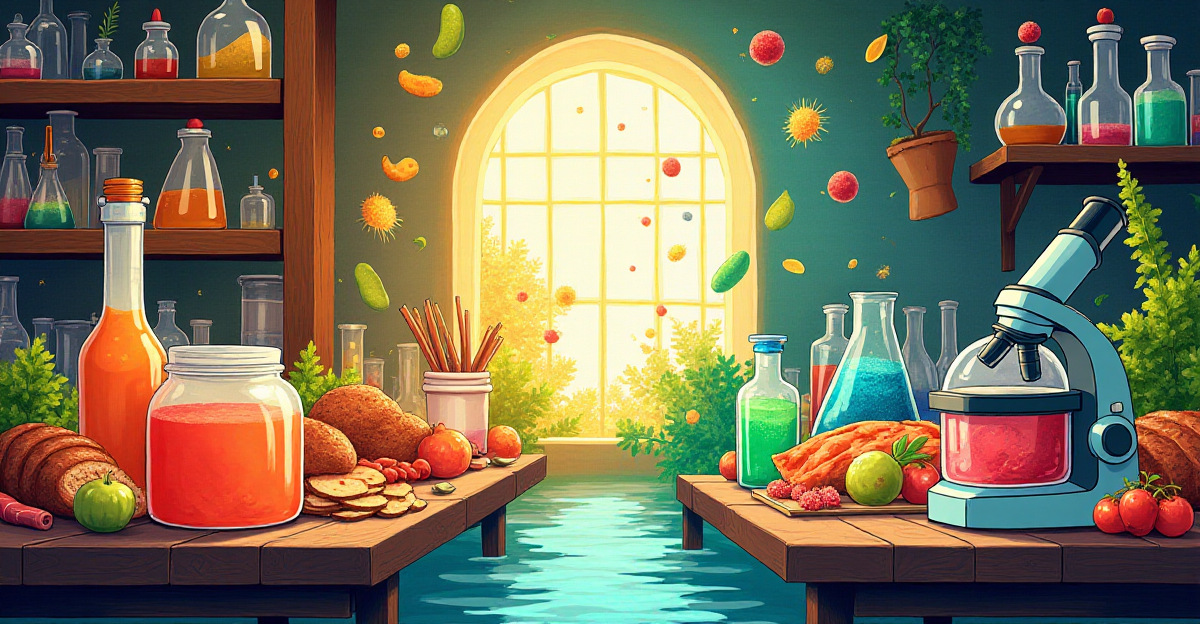How Just Five Minutes of Exercise Can Lower Blood Pressure

According to recent research, just five minutes of daily exercise can noticeably lower blood pressure. This page will go over how particular activities, including resistance and deep breathing, enhance cardiovascular condition. Readers will be able to acquire better habits by learning about useful daily routines and the science underlying these conclusions. Including a personal remark ...
Read MoreHow Understanding the Mind-Body Connection Can Help Alleviate Pain

Pain experience depends much on the interaction between the mind and the body. This paper looks at how knowing this link might result in efficient, non-invasive painkillers. It includes techniques including mindfulness, cognitive therapy, and stress management by use of insights in psychology and physiology. A personal experience with pain treatment emphasizes doable strategies readers ...
Read MoreCan the Asian Caterpillar Fungus Be the Future of Cancer Treatment?

A novel study reveals possible cancer therapy value for the Asian caterpillar fungus. The special qualities of the fungus and how researchers are finding possible means of attack against cancer cells are investigated in this article. Covering results in medicine and biology, it offers understanding of natural sources in modern treatment. The article will feature ...
Read MoreGut Microbiome Changes and Their Role in Rheumatoid Arthritis Prevention

New studies relate rheumatoid arthritis to the gut microbiota and propose microbiome changes could help forecast or prevent this condition. This paper explores how some gut-based bacteria are supposed to be involved in inflammation and autoimmune reactions. Talking about results in biology and immunology will highlight ways people could prevent problems and take action to ...
Read MoreHow Microplastics in the Atmosphere Could Change Our Weather

Recent research indicates that microplastics influence weather patterns in addition to contaminating oceans. The journey these little particles take to reach the atmosphere, interact with clouds, and affect rainfall will be discussed in this paper. Based on physics and environmental science, the paper emphasizes consequences for the temperature, ecosystems, and human health. The personal connection ...
Read MoreThe Ancient Art of Fermentation: Modern Science and Health Benefits

Not only is fermentation about making pickles or beer; it’s a biological process with great culinary uses and health consequences. This page explores how fermentation naturally preserves food, increases its nutritional worth, and changes its flavor. My path into home fermentation helped me to learn the careful balance of bacteria required for ideal kimchi or ...
Read MoreListening to Nature: The Science of Bioacoustics

The study of animal production and perception of sounds is known as bioacoustics, and it provides shockingly new understanding of animal behavior, ecology, and even evolution. From the ultrasonic chirps of bats to the vocals of whales, this page investigates how sound is a vital instrument for survival in the animal world. My own trip ...
Read MoreNature’s Clean-Up Crew: The Power of Phytoremediation

Natural and reasonably priced, phytoremediation uses plants to clean up polluted sites. This paper explores how some plants might pick up heavy metals, herbicides, even radioactive elements from the ground. Sunflowers floating in the breeze softly cleansed the ground under them during my visit to a phytoremediation site. We investigate several species employed for this ...
Read MoreThe Unseen Crisis: Protecting Our Endangered Microfauna

Though pandas and tigers get headlines, there is an invisible problem endangering the microfauna—small organisms vital to ecosystems. This page highlights species like the lesser-known freshwater mites or the rusty patched bumblebee whose decline points to more general environmental problems. By helping a nearby conservation project, I discovered personally the significance of these microscopic creatures ...
Read MoreEngineering Life: The Innovations of Synthetic Biology

At the forefront of biological science, synthetic biology is the field where engineers create new biological components or systems or modify current ones for practical uses. From building biofuels from bacteria to inventing plants that illuminate when they need water, this article will walk you through amazing uses. My own visit to a synthetic biology ...
Read More









